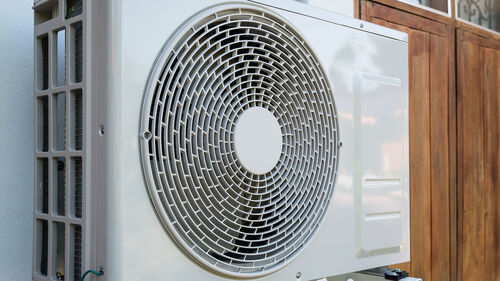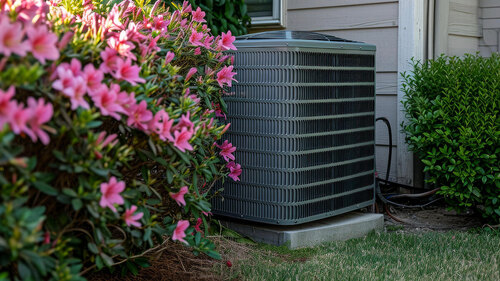Our Blog

7 Benefits of a Ductless Mini-Split System
Posted on April 26, 2024
Are you looking for a way to cool your new addition, converted garage, or living space?
Read full post >

What’s a Central AC Tune-Up? Do You Really Need One?
Posted on April 22, 2024
Now that spring is here, is your central AC ready for the warm weather and hot summer season?
Read full post >

Sewer Problems Made Simple with a Sewer Camera Inspection
Posted on March 28, 2024
A sewer camera inspection service from Woodruff Energy is a great solution to identify problems in your sewer line!
Read full post >

Plan Today for the Heat Tomorrow!
Posted on March 15, 2024
As we begin to put our jackets away and say goodbye to another winter season, it’s time to start thinking about the warm weather…
Read full post >







